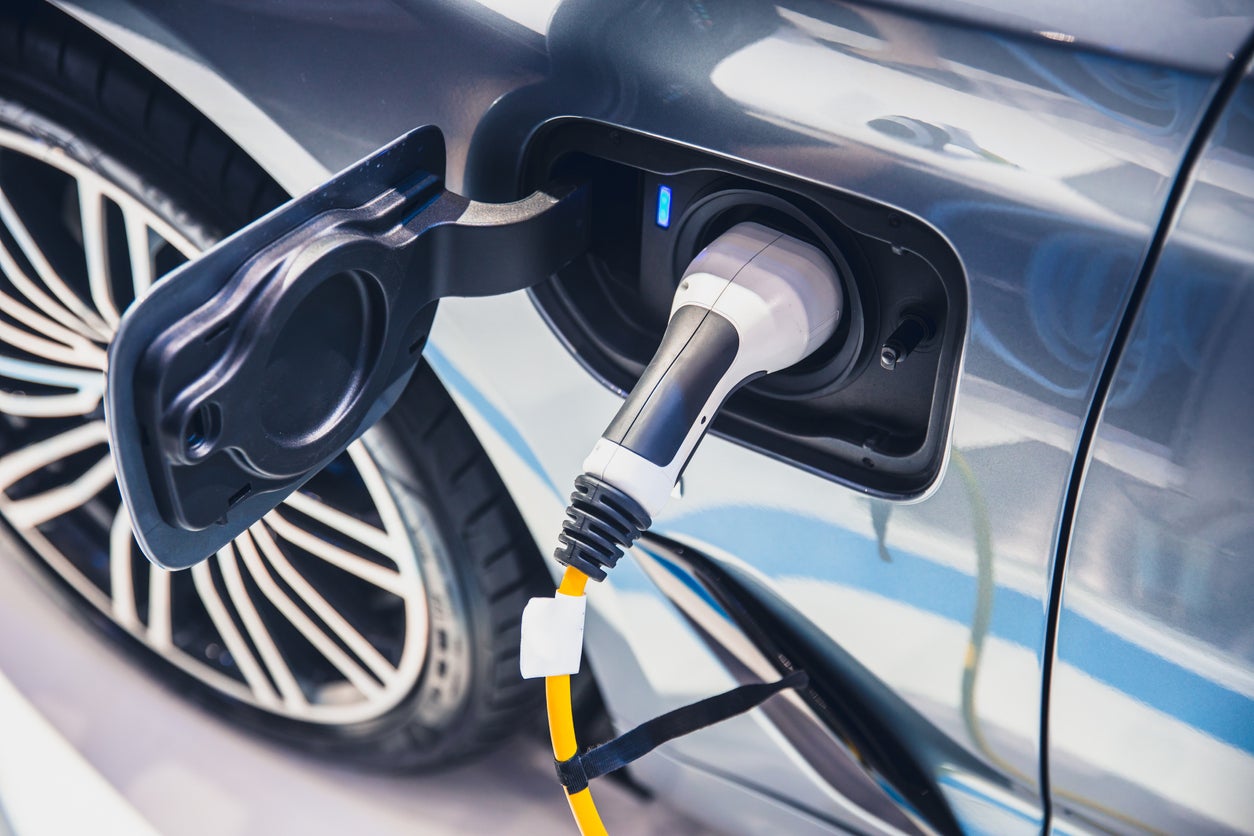Trying to determine whether the EV bubble is on the cusp of bursting, or already has is a bit like trying to read tea leaves to determine the weather. The numbers seem to be all over the place.
As of mid-2024, many industry watchers had EV sales down between 23% and 50%, but many of those same pundits acknowledged that the EV market worldwide was expanding.
Many analysts used Tesla as the benchmark, and Tesla sales have faced consistent decline even before founder Elon Musk became best buddies with President Donald Trump.
Unlike other brands, Tesla has always been in the spotlight because of recalls and fires as well as a “truck” that many just found unappealing and even ugly. Naturally, when Tesla sales dipped even a percentage of a percent, it became headline news.
One thing is clear, though, EVs have not taken over the way that many automakers, and the former American presidential administration, had hoped.
While markets may be expanding, that means more people have the ability to buy a product. Automakers live and die by the number of units sold. This is why some of the most maligned marques out there from the Corvair to the homely K-Cars of the early 1980s were a success because they sold well despite the tons of bad press.
Some will remember that the auto press, at first, decided that the minivan was nothing but a fad. It had less room than a station wagon, as dull a ride as a traditional van and about as much power as a moped, yet the minivan’s sales proved that it was no fad.
Automobile industry watchers were also somewhat taken-aback by the sudden runaway success of the SUV. After decades of the auto industry trying to downsize their vehicles, consumers decided to ignore the MPG on the sticker and went crazy for a vehicle so large it almost needed its own ZIP code.
On the flip-side, in 1958, Ford somehow thought that its billion dollar marketing plan would have an Edsel on every street corner, and we know how that turned out.
The Ford fiasco is, in my opinion, the best way to determine those tea leaves; that is, the amount of money a company spends on development and marketing versus the actual number of units sold to figure out whether a particular style of vehicle is a success.
Sadly, I cannot find any studies that compare those variables.
The one thing that we do know is that government mandates generally have little effect on the market. Sure, people sucked it up and purchased down-tuned V-8s in the 1970s with catalytic converters installed and then went straight to their local mechanic and had the offending emissions equipment removed.
For some reason, many car manufacturers went into development overdrive the very minute that the American government began placing stipulations on how many gas engine propelled cars could be sold by 2030 as if that were a decree that would remain in place.
They didn’t take into account that administrations can change every four years and so does the policy.
Recently, I viewed a video from a year or two back by Doug DeMurro, who is one of the leading YouTubers on everything automotive, and he named 10 or so car companies he predicted would be completely off the market in a few years.
Chrysler, Lincoln, Dodge and Buick all made the list and the one thing they have in common is that none of those brands offer an EV.
However, as we sit in 2025, the EV revolution has been more like the Jan. 6 “insurrection” in terms of effectiveness. Consumers still have range anxiety, and finding a charging station off the beaten path is like finding a gas station in 1973 with unlimited gasoline to sell.
Despite what the government wanted, consumers just simply have not warmed to the EV.
In my opinion, this actually puts Buick et al. in a much more favorable position for the next decade because they have not invested billions on the technology’s development.
If and when those companies offer an EV, it will be based on the research dollars of a competitor who will still have to deduct that R & D from the P & L sheet.
Scott Hudson is the Senior Investigative Reporter, Editorial Page Editor and weekly columnist for The Augusta Press. Reach him at scott@theaugustapress.com









